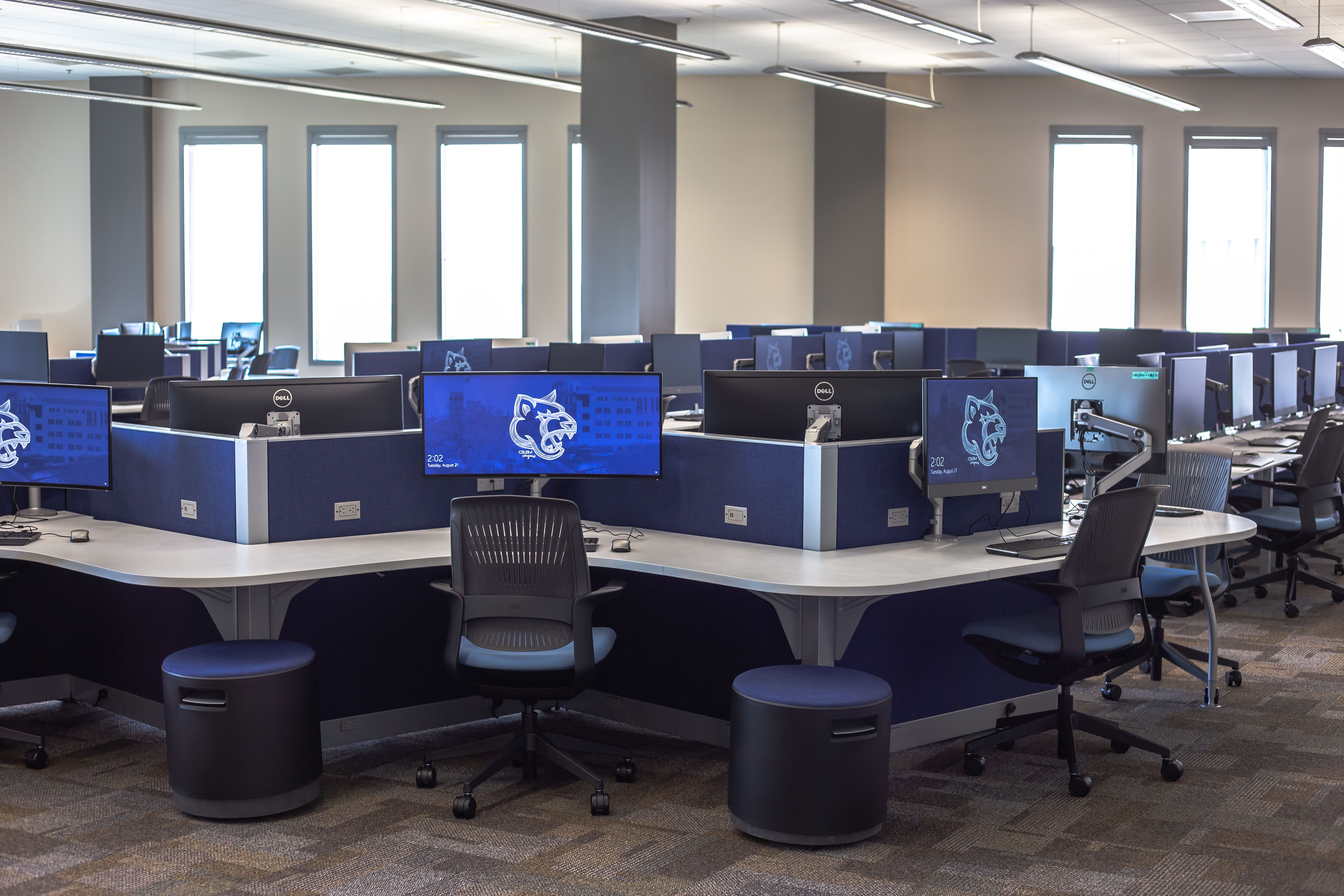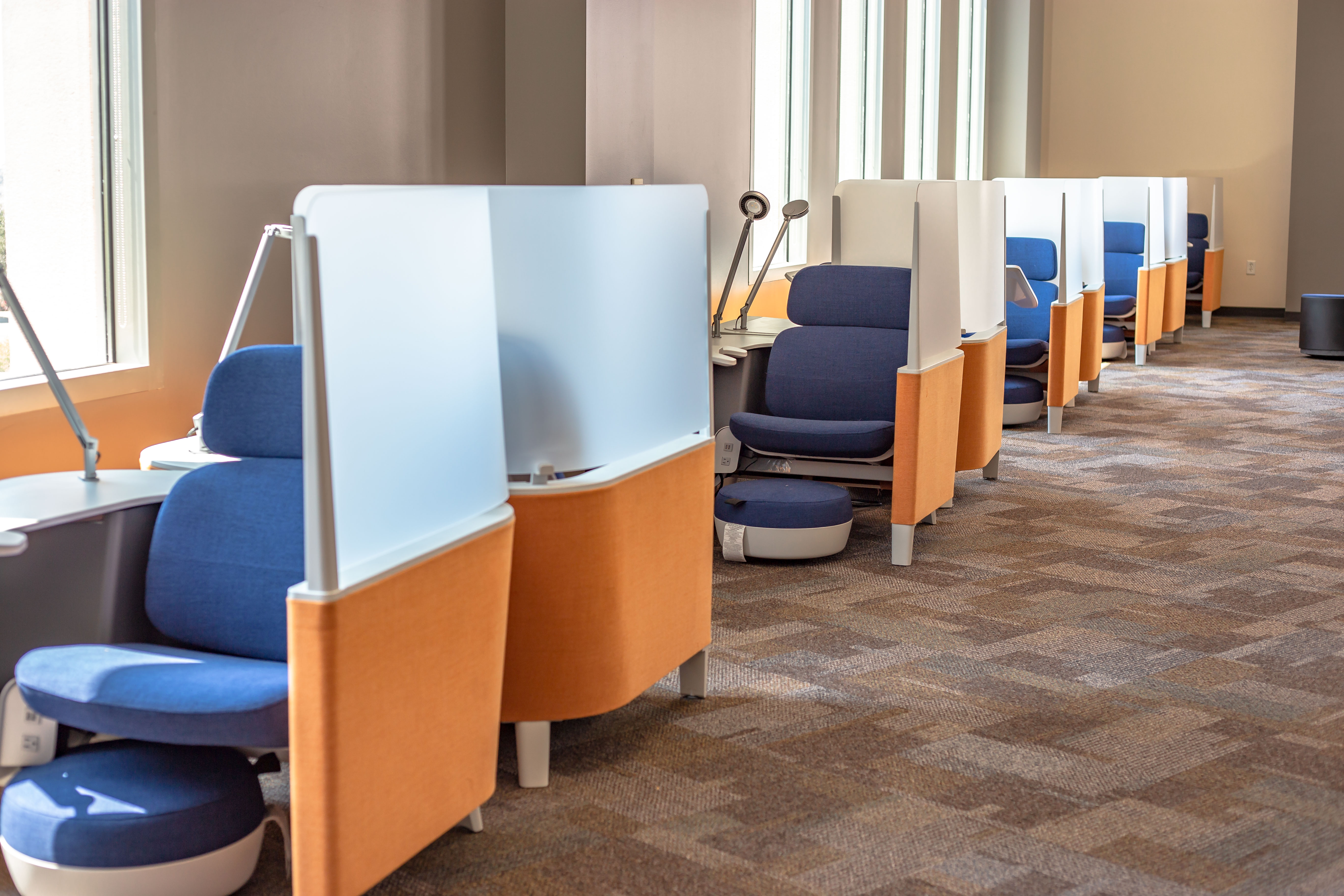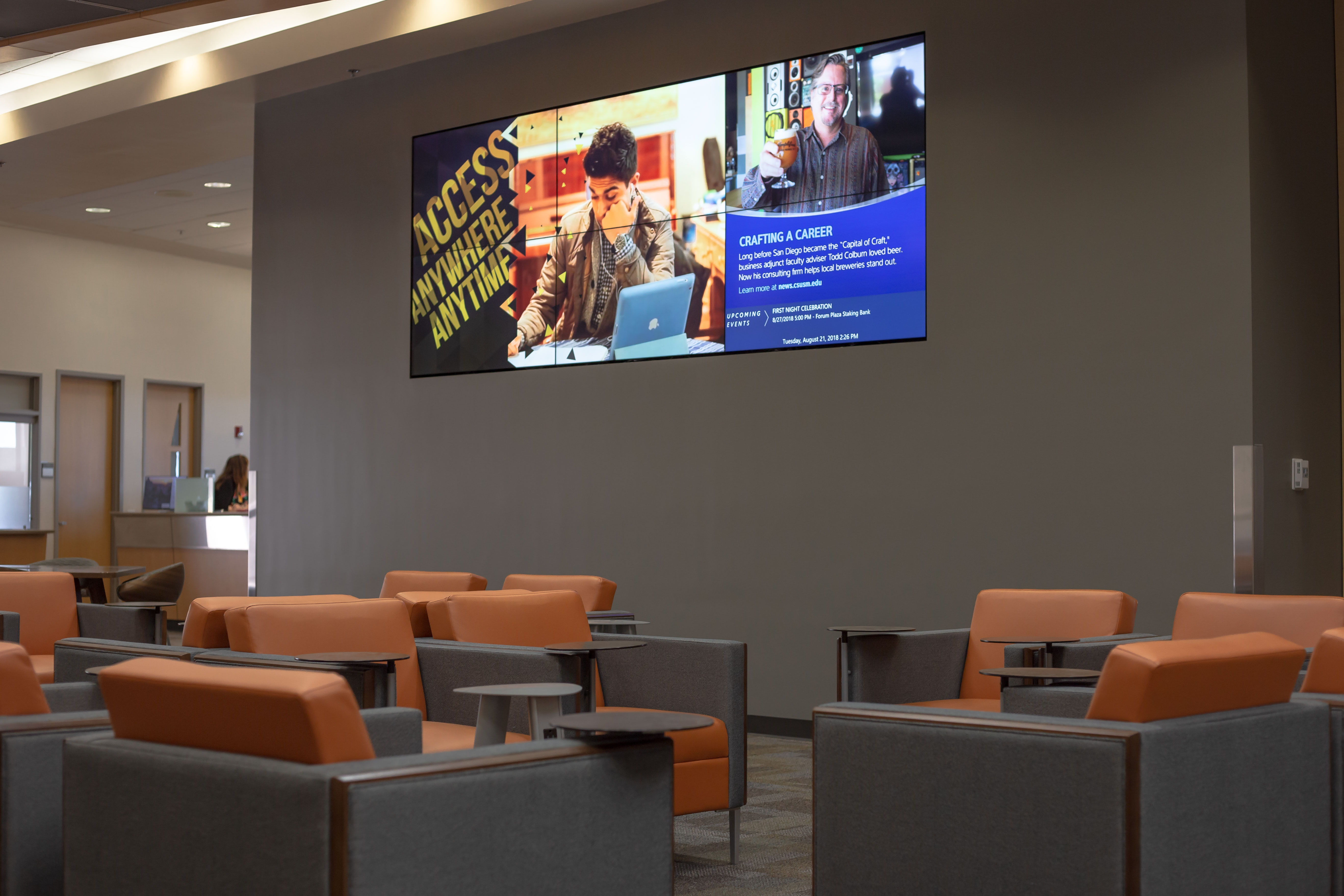 myCSUSM
myCSUSMStrategic Plan Initiatives
The initiatives and strategies listed below have the designation and distinction of
being adopted as part of the Technology Strategic Plan (TSP). This list of Strategic Initiatives will change and evolve over the course
of the TSP implementation period of 2018-2023. A designated strategic initiative has
been reviewed and approved by the Information Management Steering Committee (IMSC) for development and planning, but not necessarily implementation. Initiatives on
this list generally involve multi-divisional efforts that include strategy development,
product investigation, budget/cost analysis, organizational assessment, and implementation
planning. Projects which are approved to proceed to implementation will be listed
on the Portfolio Management site. The initiatives will change over the course of the TSP implementation. The current
list was adopted by IMSC on August 21, 2018.



Initiatives Prioritized for 2018-19
- Mobile App – Continued development of a full featured App that would allow students to perform most common university tasks from their smart phone.
- Digitalization/Electronic Workflow – CSUSM will use elecronic signature tools and strategies to rethink administrative procedures that are native to a digital workforce. First and foremost is the of removal paper forms and physical routing. Objectives to increase process flexibility, speed, tracking, and comply with records retention.
- Unified Communications System – Deploy targeted and personalized communications systems including personalized web experiences. Scope of the project would include personalized web, mobile app, chat/chatbots, campus telephone system, and support for mobile devices. With decreased use of desk phones; deployment of a replacement strategy for the existing phone system.
- Constituent Relationship Management (CRM) – System to track all points of engagement within the university from K-12/Alliance and prospective students, through campus connections, and alumni engagement. System would be used for proactive contact, service delivery/improvement, and research.
- eOneCard System – Campus ID and retail system with integration to campus food services. System would be electronic/smartphone enabled (no physical card requirement), to make on-campus purchases, check-in at events/locations, provide ticketing, and support other ID based campus functions.
Future Initiatives
- Project Management, Communications & Training – The work of IT touches almost every member of the campus community. Projects undertaken by IITS often have an impact and in general people want to know what IITS is working on. Additionally, with the continual adoption of new web-based services, ongoing training will be a must. IITS will be adopting systems that track and publicize projects, provide access to self-help tools, online training & remote/automated assistance. See the Portfolio Management website for project status and updates.
- Administrative Computing Support –The scope of this project includes unit level administrative programs and support for the "Workplace of the Future". Almost every administrative office at CSUSM is dependent upon some type of administrative support system. IITS will provide dedicated and increased support for administrative units to provide uniform delivery of services.
- Next Generation Learning Environments – The basic classroom technology has been fairly consistent over the past twenty years. With BYOD, interactive screens, virtual & augmented reality, wireless projection, and legacy LMS, IITS will work with the Technology Policy Advisory Committee and faculty to investigate new technologies that enhance student learning and support unique faculty pedagogy. Key initiatives will focus on assisting faculty with the deployment of appropriate technologies and the adoption of a mobile friendly Learning Management System.
- Master Calendar – Maintain one campus system for room scheduling and calendaring of events to facilitate academic & meeting room scheduling for consistent and effective use of space. For calendaring, the system would support efforts to build engagement, consolidation of campus events for general awareness, facilitate viewing and access to events. This effort would also include, within scope, common ticketing and RSVP capabilities.
- Standardized Operations – Includes Expanded Support, Standardized Practices, & Faculty Research Support. IITS has many informal processes developed over the years. As the unit continues to grow, more industry standard practices such as the development of a Service Catalog, possible adoption of ITIL, and the deployment of Standard Operating Procedures will be required in order to effectively and equitably support a growing campus and changing technology environment. Within scope of this project is the operationalization of the Technology Refresh Program, IT purchase approvals, and elimination of technology chargebacks.






